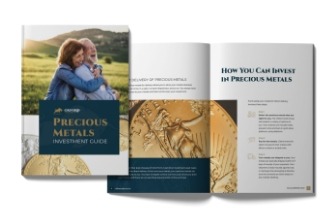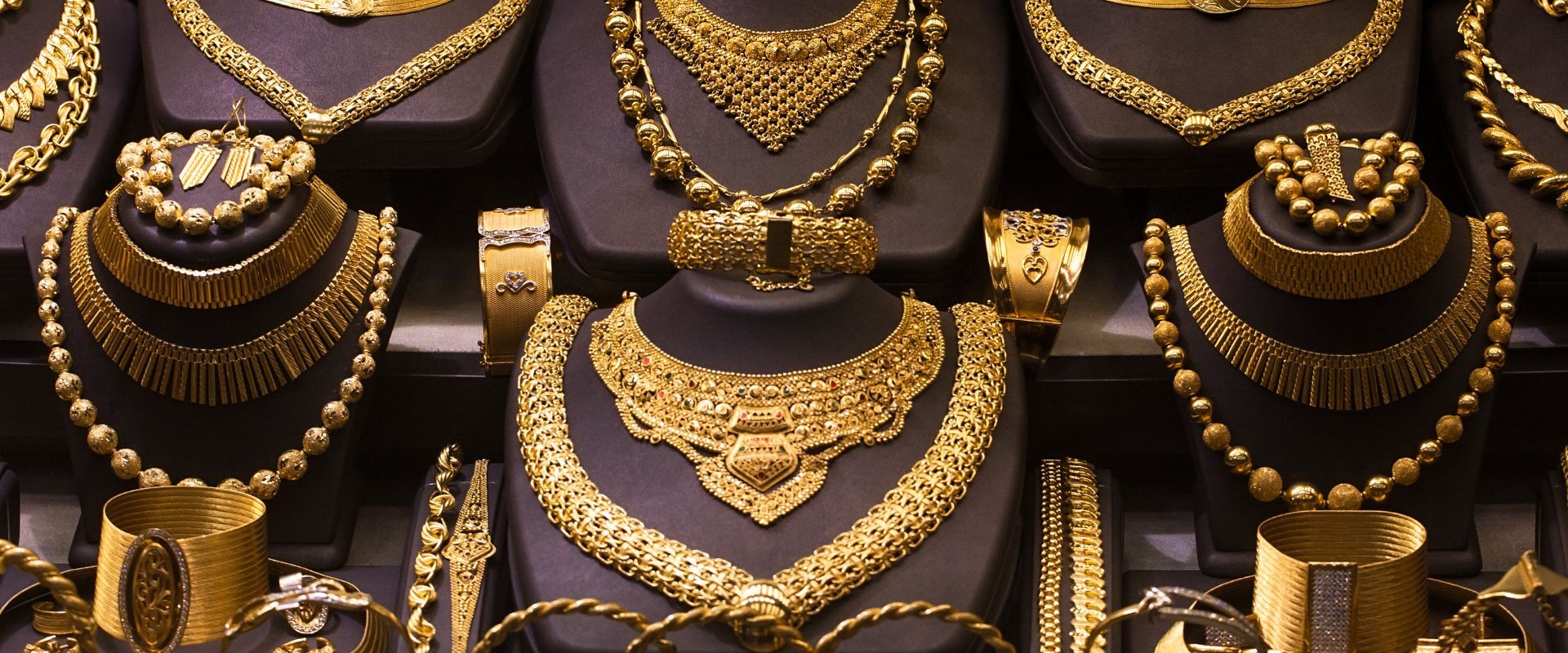Are you interested in finding a bunch of gold in 2020 and beyond? Well, if you are about to start hunting after one of humanity’s most sought after metals, you will want to review the basics about the physical characteristics of gold.
Gold is a mysterious compound, and many of its properties are still unknown to the general public. Scientists and metal experts have spent decades researching the precious metal, and there is still so much more to learn.
Today, we will look at some of gold’s greatest questions, such as:
- Is gold magnetic?
- Does gold float?
- Why is gold so valuable?
We will also cover various other properties of gold and see what makes this metal so valuable in our society. First, let’s look into one of the gold industry’s biggest debates — is gold magnetic? Put on your science cap because you are about to find out!
Is Gold Magnetic?
Every gold bug on the internet has asked this question. There are tons of videos that say, “yes it is,” and others saying, “absolutely not.” Naturally, anyone searching for an answer is extremely confused. To accurately answer whether or not gold is magnetic depends on what exactly you mean by “magnetic.”
Pure gold, also known as 24k gold, is not magnetic. If you have just purchased a 24k gold bar or ring and it attracts a magnet, you are in trouble because that product isn’t pure gold.
Other gold types, such as white gold, have a weak magnetic pull due to its small amount of added nickel or other hard metals.
Understanding the Different Types of Magnetic Elements
In our beautiful universe, most elements are considered paramagnetic, ferromagnetic, or diamagnetic. Here is a breakdown of each classification.
Paramagnetic Elements – These items have a small, weak attraction to magnets. That being said, the magnetic properties don’t stay within the elements once the magnet is removed. Some paramagnetic elements are aluminum, titanium, and iron oxide, platinum, and magnesium.
Ferromagnetic Elements – Ferromagnetic elements are heavily attracted to magnets. Unlike paramagnetic elements, elements with ferromagnetic properties retain magnetic attraction even after the magnet is removed. Some ferromagnetic elements are cobalt, nickel, iron, and magnetite.
Diamagnetic Elements – These elements have an extremely weak attraction to magnets. Diamagnetic elements will slightly repeal against a magnet and will not retain any magnetic properties once the magnetic field is removed. Some diamagnetic elements include pure gold, pure silver, and copper.
What About Gold Jewelry?
For all gold jewelry that is not 24k, there might be some ferromagnetic elements present in the alloy. However, the majority of gold jewelry has copper, which is also diamagnetic. Therefore, most gold jewelry should not be magnetic.
One great way to test to see if your gold jewelry is genuine is to see if it is magnetic. If you have got magnetic jewelry, you may need to revisit the store you bought it and demand a refund.
Testing Your Gold at Home
If you have got some gold at home, there is an easy experiment you can do to test to see if it’s pure. All you need is your gold and a powerful magnet.
Put the magnet to your gold and see if there is any attraction. Many gold coins, like the United States $5 gold coin, should not have any reaction to the magnet whatsoever. Now, American gold coins are refined and are about 90% gold. So, what about natural gold?
Natural gold, such as a gold nugget, also should not have any attraction to the magnet. However, minerals like iron may form around gold, which will be magnetic, but it is the iron that the magnet is interested in, not your gold.
Other Properties of Pure Gold
Here are some of the other interesting properties of pure gold that make it one of our planet’s most valuable metals.
Gold is Hydrophobic
Gold hates water. If thrown into the water, gold will repeal it and eventually sink to the bottom of the container. However, gold can float in the same way steel can if you shape it like a boat. With this in mind, some gold flakes might not have enough density to breach the water’s surface tension, causing them to float.
Gold Does not Tarnish
One thing that makes gold so valuable is its resilience to tarnish. Tarnish is a natural occurrence when metal is exposed to compounds in oxygen, such as sulfur. It creates discoloration and can ruin any metal item’s appearance. Fortunately, your pure gold coins are safe from tarnish since gold doesn’t oxidize.
Gold Has High Electrical Conductivity
Since gold does not tarnish or corrode quickly, it works as a great electrical conductor. As a result, many technology manufacturers use gold in their devices. You will find gold in your computer, global positioning system, smartphone, and television. For example, each cellphone contains almost $2 worth of gold.
Gold is Extremely Malleable
Gold is perfect for bending and folding. You can take a single ounce of pure gold and flatten it into a wire over 5 miles long. Many famous structures across the globe, like the Monolith in France, contain gold in the architecture.
Gold is Soft
Although it is used in many hard items, gold is incredibly soft. Gold rings and other items feel so durable because they include other hard metals like copper, nickel, or cobalt.
The Human Body Contains Gold
According to an Oxford publication in 1998, a 70 kg person has about 0.2 mg of gold in their body. Gold plays a significant role in our health. It helps keep our joints healthy and allows the brain to send electrical signals.
Why is Gold So Valuable?
From a strictly practical point of view, gold is a logical form of currency. There is enough gold out there to make coins and bars, yet it cannot easily be replicated. It does not tarnish or wear down and maintains its value throughout time. Our society has solidified the desire for gold, therefore making it extremely valuable.
Today, most economies no longer use a gold-backed currency. However, gold is still a popular asset to fall back on during a financial crisis. The economic crisis of 2008 sparked the birth of various gold investment programs, including Gold IRAs.
Another major thing that makes gold so valuable e is its scarcity. As mentioned above, gold cannot easily be produced by humans. Therefore, it is far more difficult (or expensive) to get your hands on the metal.
From a scientific standpoint, gold has valuable chemical characteristics that make it highly desirable among technology manufacturers and governments. It is an excellent element for conducting heat and electricity.
NASA uses gold for their satellites and spacecraft. If they are going to spend billions of dollars sending objects into space, why not use a strong element like gold?
Should You Buy Gold?
Three main reasons cause people to buy gold:
- They purchase it as an investment to diversify their portfolio
- They are a collector looking for rare gold coins or other items
- They wear gold as a fashion statement
Gold as An Investment
There are many uses for gold, and one of the biggest is as a sound financial investment. As mentioned before, gold is an excellent alternative to stocks since its value is not as volatile, especially during an economic crisis.
With that in mind, investing in gold is not as easy as taking your money to the gold store and getting yourself a bunch of coins. You still need to learn a lot about the industry and make wise decisions. Make sure you do enough research before investing a large chunk of your savings into the precious metal.
Collecting Gold
Rare gold coins hold tons of value. Some coins, like the 1933 Saint-Gaudens are worth over $7 million. Buying rare gold coins is a sport of its own. Finding these coins is extremely difficult and usually requires extensive research and networking. If you want to start collecting rare coins, we recommend checking out some gold trade shows.
Gold for Fashion
You have got gold rings, chains, teeth, and even furniture. Considering how much value humans place on gold, there is no doubt it is breached its way into the fashion world. Gold has found its way into the wardrobes of royalty for centuries.
While gold jewelry tends to be expensive, you can still buy some rings and other chains for a reasonable price. If you decide to purchase gold jewelry, make sure you use the test above to see if it is magnetic. This way, you will know if it is authentic 24k gold or not.
Final Thoughts?
So, is gold magnetic? Unfortunately, the answer is still not black or white. In short, pure gold is not magnetic. However, that does not mean items containing pure gold will not magnetize. There is a ton of false gold out there, so remember to always double-check your source before buying.
Are you curious about other unique properties of gold? Are you thinking about adding gold to your investment portfolio? If so, check out our learning center to learn more about gold and how you can benefit from one of the universe’s greatest gifts.








